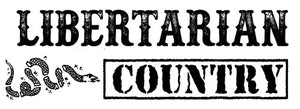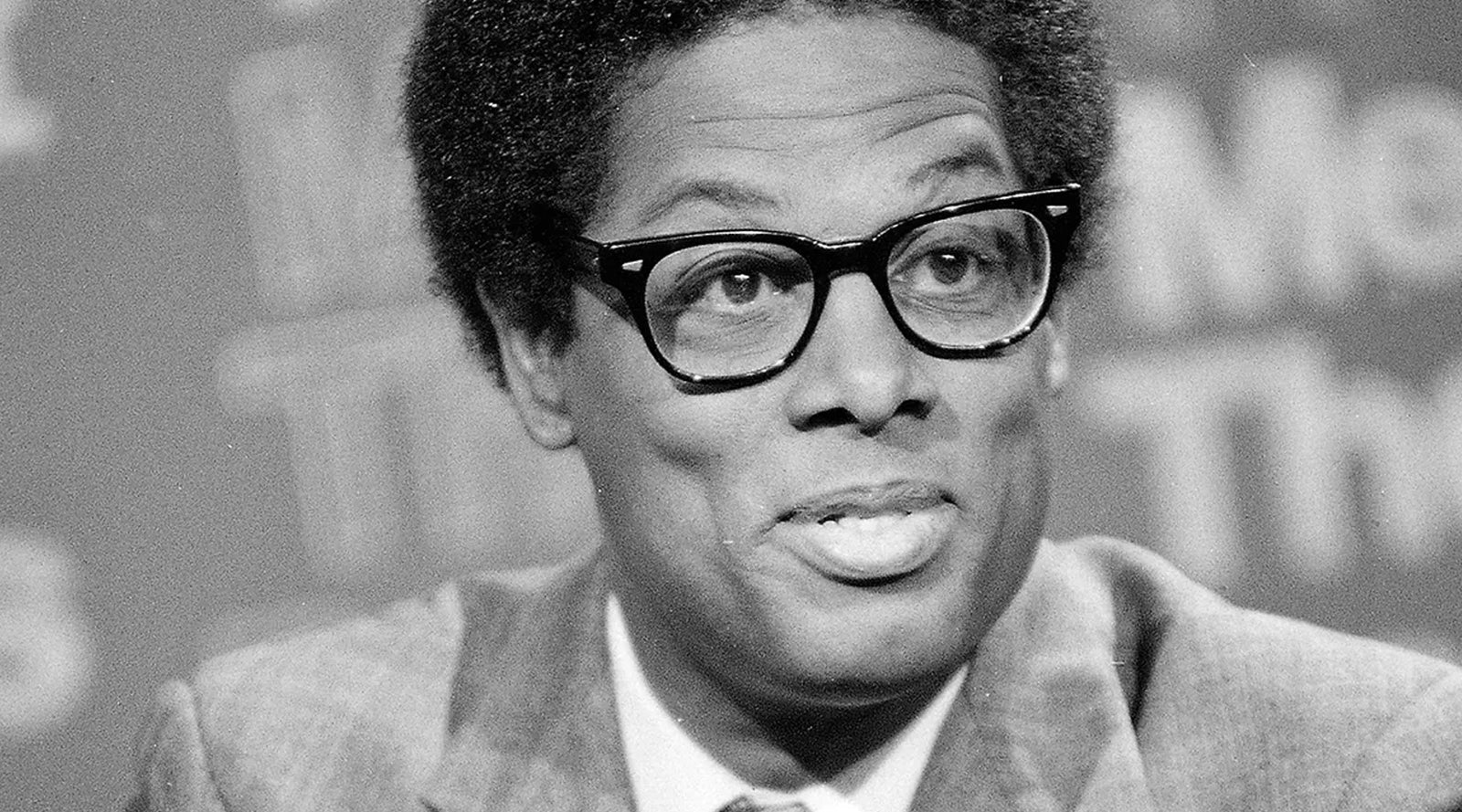The Thomas Sowell book you should read first is Basic Economics: A Common Sense Guide To The Economy.
Thomas Sowell is the author of many great books, but in our humble opinion, it is highly beneficial to read and understand Basic Economics before you dive into his other great works.
Understanding basic economics is foundational for building political ideology and thought. This article will explain why economics is essential and how you can apply what Dr. Sowell teaches to improve your critical thinking and the development of your political and philosophical mind.
Why You Should Read Thomas Sowell's Basic Economics

Before one delves into the intricate world of culture and politics, it pays to have a basic understanding of economics.
But why?
Economics is the fulcrum upon which our civilization turns. Almost every political or social problem, at its core, is an economic issue.
Whether the problem concerns health, education, the environment, social welfare etc., the solution inevitably involves money and the allocation of finite resources.
Before one can begin to tackle the complex issues that plague our world, one must have tangible methods of addressing the problems, otherwise the net outcome could be disastrous.
The impulsive response of politicians in congress who lack economic understanding is to throw money at a problem. But throwing money at a problem doesn't always solve it, and it could make other problems worse in the aggregate because there is a finite amount of money in the treasury.
In Basic Economics, with Sowell's clear and down-to-earth explanations, you will learn the correct definition of economics, how economies operate and how to think economically, thus creating a mindset conducive to effective political, philosophical and critical thinking.
Economics Does Not Only Apply to Money
While we tend to think of economics in terms of money, economics can refer to the allocation of any finite resource that has alternative uses.
Example:
Using Sowell's example in Basic Economics, imagine three wounded servicemen and a military nurse who has limited resources. In this scenario, she can only help one of them.
The first injured soldier is carried in on a stretcher. He has taken heavy damage from an explosion and will likely die within minutes.
The second injured soldier was hit in his arm by some shrapnel and is bleeding but not seriously injured.
The third injured soldier has been shot by a gun and is in serious condition, but with proper care, he could make a full recovery.
Having to respond quickly to the situation, where does the military nurse direct her attention and resources? Does she help the mortally wounded soldier, the barely injured soldier, or the seriously injured soldier?
The three injured soldiers and one nurse scenario describes an economy that does not deal directly with money. The "scarce resource" is medical equipment and the nurse's attention, and the "alternative use" is three different soldiers who seek her care.
Now, back to the question. If you were the military nurse, which soldier would you tend to first?
If you answered Soldier Three, you would be correct.
Why?
The first soldier took too much damage and medical treatment would not have helped. Treating Soldier One would have wasted precious time because he was going to die anyway. Delaying treatment to Soldier Three would not have been economically sensible or wise.
Soldier Two took some damage, but he wasn't in serious enough condition to justify spending valuable time treating his wounds while Soldier Three was inching closer to death. Once Soldier Three is stabilized, then the nurse could tend to Soldier Two.
Thomas Sowell does an excellent job explaining complex economics in ways any reasonably intelligent person can understand.
When you're reading Basic Economics, you will come across many examples like this--some fictitious and some real--that allow you to easily digest the beneficial information he is conveying to you.
Why is Economics Important?
Studying the discipline of economics will improve a person's understanding of the world around them. By learning about business, government, regulations, disparities, wealth and markets, a person is better equipped to respond cogently to real-world problems.
Having the intellectual capacity and acuity to better understand people and situations improves our empathy and is a benefit to humanity.
If you ask a child how they would fix homelessness and poverty in America, they may innocently say "Have the government print more money and give it to all the poor people."
In a sense, it's logically sound; the government has the power to print more money so why not give people what they need?
The child may even believe the government is cruel and inhumane for NOT printing more money for homeless people.
In this case, however, the child is wrong.
The child must learn that fiat currency--or paper money--is a medium of exchange that represents value and is not wealth itself. Printing more money without increasing real wealth devalues the currency, leading to inflation and potentially hyperinflation.
You will learn how all of this works in Basic Economics.
The child is innocent in their misunderstanding. The sad reality, however, is that many adults share the same level of thinking when it comes to economics.
But fear not, there is a solution.
The cure for ignorance is knowledge, and when you read Basic Economics by Thomas Sowell, you will be steeped in it.
The Benefits of Reading Basic Economics
Thomas Sowell speaks with authority because he lets data, facts, reason and logic do the talking.
In Basic Economics, there aren't a lot of graphs, jargon or "SAT words" that most people don't know. Sowell uses very clear language and plain English to teach economics in a way that almost any adult can understand.
Thomas Sowell's wisdom, intellect and common sense approach to writing Basic Economics has helped many people gain a better understanding of wealth, supply and demand, the role of prices and profits, economies of scale, stocks, bonds and insurances, investments, labor markets, productivity, national output, money and the banking system, laws, government functions and finance, international trade, global markets, laissez-faire, libertarianism, the history of economics and more.
With detailed explanations in every chapter, along with questions for the reader to test their knowledge, Thomas Sowell's Basic Economics is 653 pages of pure gold.
If you haven't read any Thomas Sowell yet, Basic Economics is a great place to start because you will get a good sense of the author's voice while learning valuable information.
We highly recommend reading this book.
For more information, please read our 'Full Review of Thomas Sowell's Basic Economics.'




